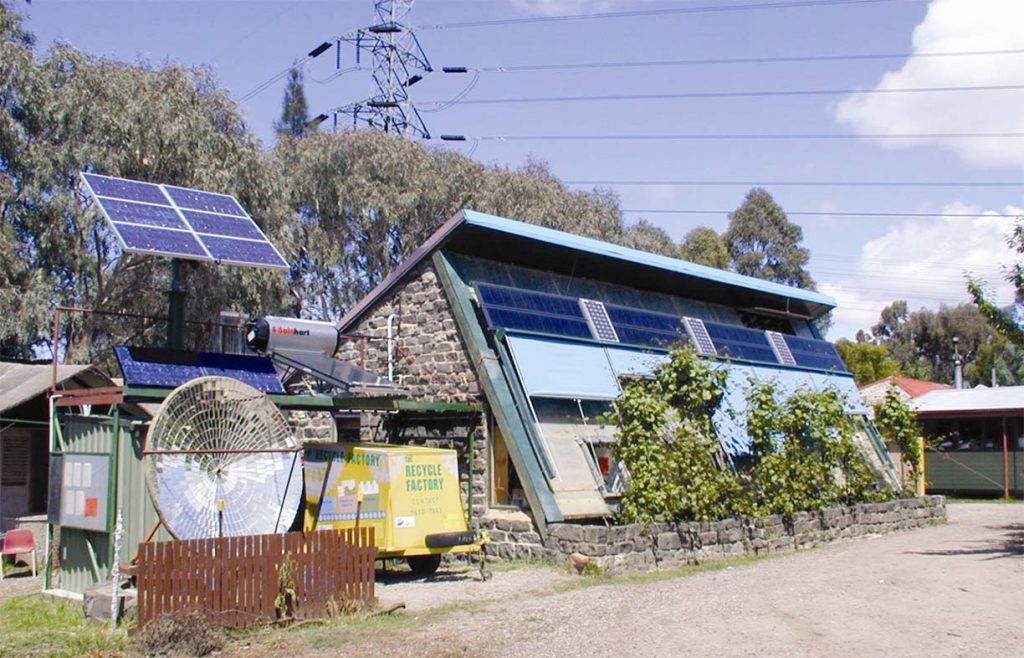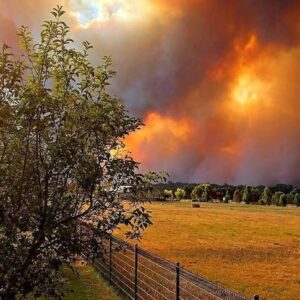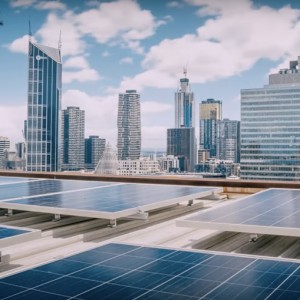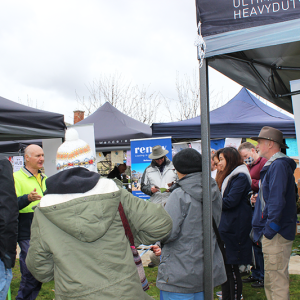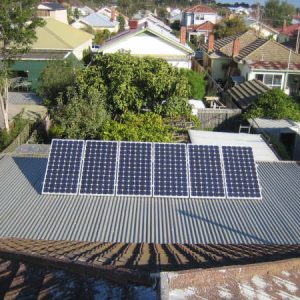This article originally appeared in Renew. The content and link to the original article appears below.
As the Alternative Technology Association enters a new phase with its name change to Renew, one of the founders Mick Harris —still active as a technical expert for the organisation—talks to Anna Cumming about the early days of the organisation and his own life in sustainability advocacy.
In his teens in Melbourne in the 1970s, Mick Harris was a member of the Alternative Technology Co-operative, a group instigated by fellow enthusiast Stephen Ingrouille that grew out of Friends of the Earth. “We got together and built stuff like solar water heaters,” Mick recalls. When the group wound down, he decided to set something up with a more formal structure, and the Alternative Technology Association was born.
“We went to our first sustainability fair in 1980, with a trestle table and some displays, touting for members,” says Mick. Their objectives will sound familiar to Renew members today: to promote sustainable technologies, energy efficiency and renewable energy. “Back then, renewable energy was really the intersection of alternative lifestyles and DIY amateur electronics: put them together and you got what the ATA was all about.”
Mick himself got into electronics at school, and then studied environmental studies (focusing on science) as part of his teacher training. “In an early teaching job, I worked with the kids to build a Savonius wind turbine out of a 44 gallon drum,” he recalls. “It eventually became one of the ATA’s earliest displays.”
Later, while working for the council-owned Brunswick Electricity Supply, Mick was part of the group that set up CERES, the not-for-profit environmental park on an old landfill site on the banks of Merri Creek. It was here that the ATA built its first base, a solar workshop. “In those days solar panels weren’t powerful enough to run anything,” he says. “Solar referred to passive solar design and solar hot water.” They started building with volunteer labour and a budget of about $11,000. “It took about four years of weekends. At the same time we were running meetings and activities and producing the magazine [Soft Technology, later renamed ReNew].”

